
Cheesy Love
So many people begin relationships by waiting for the fireworks, and they want a soundtrack to go with it. They want their relationship to resemble a Hollywood movie...

She gazed at him from across a crowded room. Would he know—could she even hold out a hope that he would know exactly how she felt? The moment briefly shattered by the crash of water in the background —their eyes locked from a distance, and she whispered, “If you care for me, you would do this for me…you would get your act together so that we might have a future…”
Love—Hollywood style. This cheesy scene could have been pulled out of any numerous romance novels, or, as the genre has been so aptly called—a 'chick flick'. If Hollywood values prevail, then the relationship between a man and a woman should resemble that of the latest romantic trailer. The depth of their love is so shallow, that it can never be tested. Their love so superficial, that any outside force can bring it into question.
It is with this mindset that many begin a relationship. They are waiting for the fireworks, and they want a soundtrack to go with it. They want their relationship to resemble a Hollywood movie, complete with all the pathos and scenic Parisian views. The problem is that real life gets in the way, and that is when it all comes undone. Then they are left to mourn with the theme from Titanic playing in the background.
Love is none of these things. Love—real love—only sprouts after being harvested by two halves of one whole. Love grows stronger with each passing struggle, each test overcome.
So—in order to illustrate this point more clearly, I have taken the liberty of adapting the previous  romanticized example, with a more realistic one.
romanticized example, with a more realistic one.
She gazed at him from across the crowded room. There were kids strewn about the floor in different stages of a violent stomach virus. Her mind was in a whirl, after numerous nights of staying up cleaning up after aforementioned children. Suddenly, her ruminations were interrupted by the sound of a loud crash (of water?) as one of the children's valiant attempts to make it to the bathroom did not materialize. Their eyes locked—in a barely audible whisper, she managed to rasp, “If you love me, you will clean it up…” Her knight in shining tiredness arose, and in a proclamation of greatest love, picked up the bright red sponja stick and began to remove all evidence from the floor. After accomplishing the task, her husband strode back in. He looked at her, all their shared history and years of marriage stretched between them—past, present and future, with Hashem's help–and in a voice full of emotion, he said, “Thank G-d for tiled floors!”
Now that, is true love.
Many of us go into marriage with a mind full of Hollywood, with dialogues, props and scenes already scripted. Real life, as we soon find out, resembles nothing of what we could have imagined it to be. There are bills to be paid, childcare and family obligations to juggle, work pressures—the list is long and varied. There is always a challenge waiting to be overcome, issues that sprout which test our mettle, personality quirks and habits…..basically, nothing even remotely resembling the yuppie modishly dressed characters portrayed on screen; still—we hold on to the stereotypes, and feel deep disappointment when our spouses don’t resemble those we have come to hold as the example of true wedded bliss.
I always marvel at those matches made by Chassidish families, where the potential bride and groom do not know each other, and after a very short meeting, decide that they will spend the rest of their lives together. No long walks on the beach or vacations in Maui before they join each other for eternity. No dramatic squabbles with cars zooming past them on busy intersections. No expectations. Just a simple knowledge that this person fits the criteria for building a home with a foundation of holiness. For at the end of the day, what we first perceive as love in the secular world is really only initial infatuation. Love only comes with time, after struggles shared and overcome.
Love is something that is forged over spilled cereal in the morning, late night walks with teething babies and small acts of kindnesses. Love is watching your spouse soothe your crying child, or watching as they go out the door, facing another day of work and pressure to make sure you make it through the month. Love is a bagged lunch waiting in the fridge, or a phone call to check in midday. Love is sticking together through the ups and downs that accompany any relationship, realizing that your spouse does not resemble anything like those photo shopped actors on screen—but then neither do you. Love is making an imperfect situation workable, and realizing that love means giving—and giving some more. Love is being vulnerable and being kind. Love is what happens after years of deposits big and small in the bank of marriage—it is a culmination of hard work, with a potentially high return—if one follows the right instructions.
Hashem through His Torah has set forth a set of laws that regulates all aspects of marriage—from the most intimate to the most mundane. It is a system which takes into account the limitations of humans, and elevates us to our highest potential—if we follow the right script. Our script does not come from the mind of Hollywood's brightest and most talented—but rather from Hashem. The script we need to follow is rooted in holiness and from an understanding of the differences and commonalities of these two opposing forces, which must find common ground despite their seeming incompatibility. Who Else can tell us how to best proceed in a relationship that requires tremendous work and devotion—but which can be the most rewarding if done correctly?
Unfortunately, those in the religious sector have not been spared the delusional mindset that had only seemed to afflict those outside of the religious spectrum. Fences that were immutable have been knocked down for greener pastures that are found to be barren of the rich soil that characterizes a life filled with meaning– and G-d. Attitudes and an embracing of the need to be eternally beautiful and young and free have made us slaves to a culture that used to be foreign just two generations ago. Instead of feeling liberated, we have become shackled to an ideal not humanly possible to fulfill.
It's difficult to not pay attention when the very scenery around you sprouts one more offending billboard than the one next to it. Secular culture beckons to us, movie posters of perfect couples dazzle us, and store display and advertisements are rife with fake pictures of adoring couples (who probably just met right before the photo shoot and who don't even know each other's names). Our minds, though, have become immune to logic, opting instead to be swept away by the beautiful portrait of a white woman, and her African American 'husband', walking hand in hand with their Asian and Hispanic 'children'. Anything wrong with this picture? It's not real!
We are living in an era where the lines between reality and fantasy have become blurred. One can put on a visor and be transported to a mythical world without leaving the comfort of home. Relationships have become static with the onslaught of texting and social media—is it any wonder we are all feeling so disconnected from our Source? From ourselves? From each other?
How do we swim against a tide so strong it has become a tsunami? How do we choose the kind of love that will empower us instead of destroy us?
The Torah is timeless. And like those classic films that defy the test of time (sorry for the comparison, but we have a theme going here!) the Torah never goes out of style—and, it has all the answers. In order to achieve lasting marital love, we must turn our eyes to The One Who fashioned us and our spouses. He has written the best script for us—if we only choose to read it, and perform it.
She had just suffered one of the most difficult things a person must endure—that of stepping on a Lego in the middle of the night. A primal scream escapes her (albeit muffled, so as not to wake the sleeping baby). Suddenly, her Knight in pajama armor steps out of the shadows. “Wha' 'appened,” he croaks. “Are you alright?” And she knows beyond her own clichéd shadow of a doubt, at that moment of pure clarity, that he loves her. And that is enough.


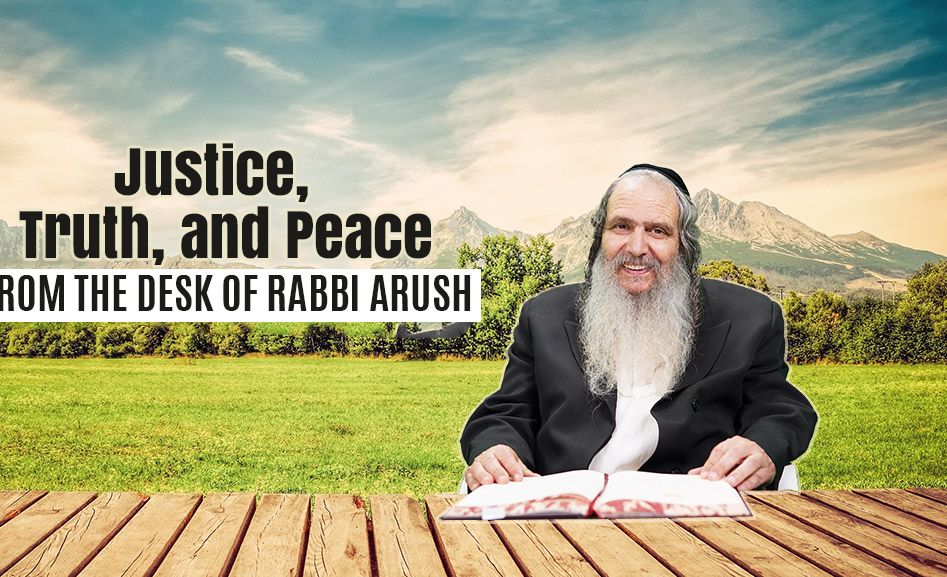
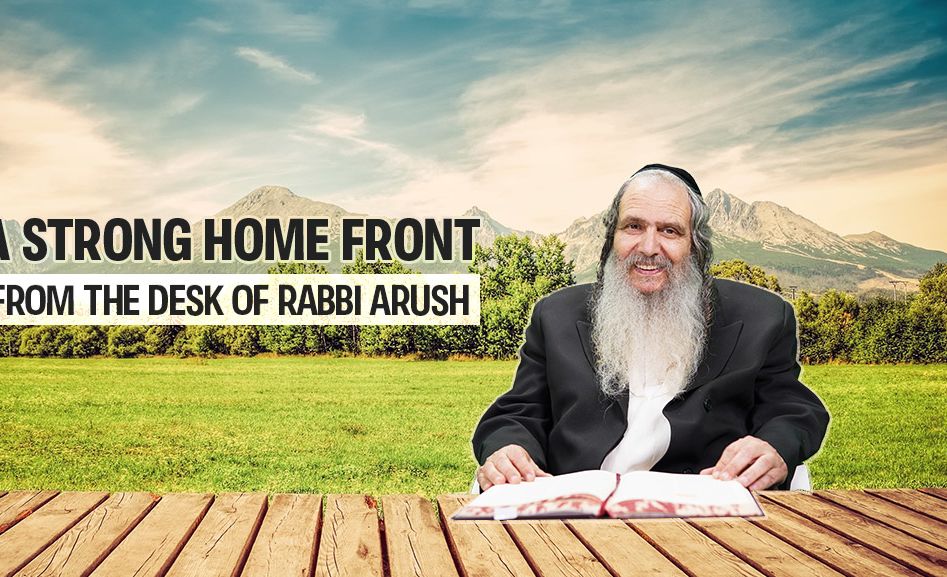
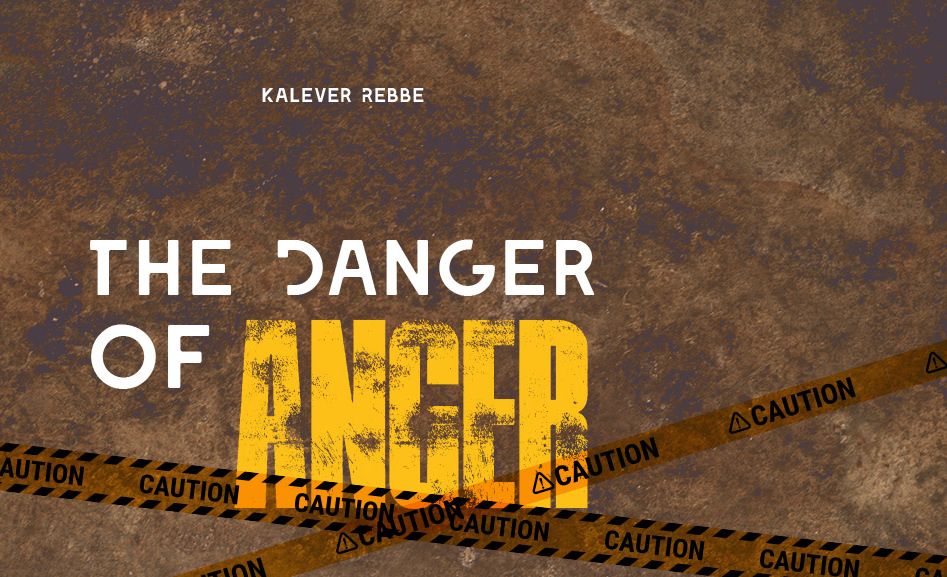
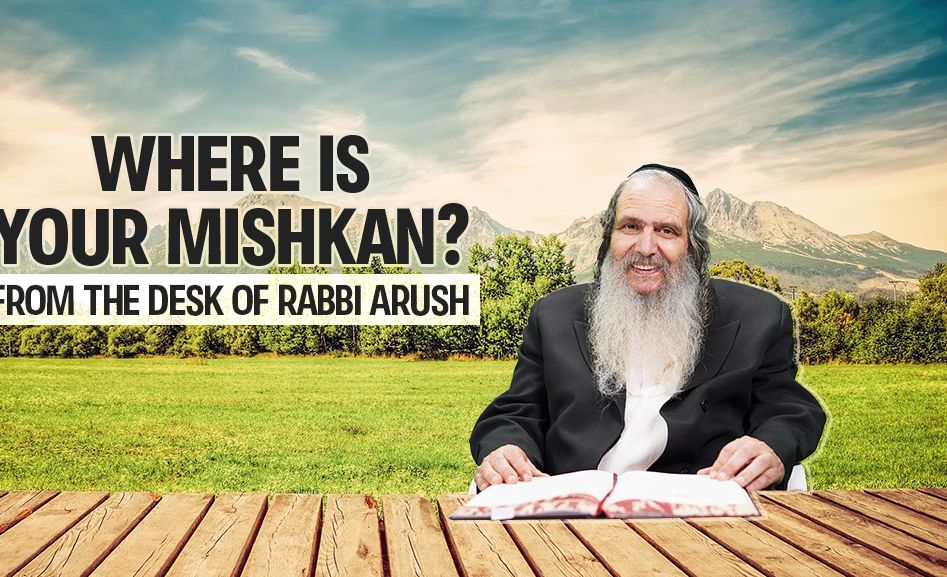
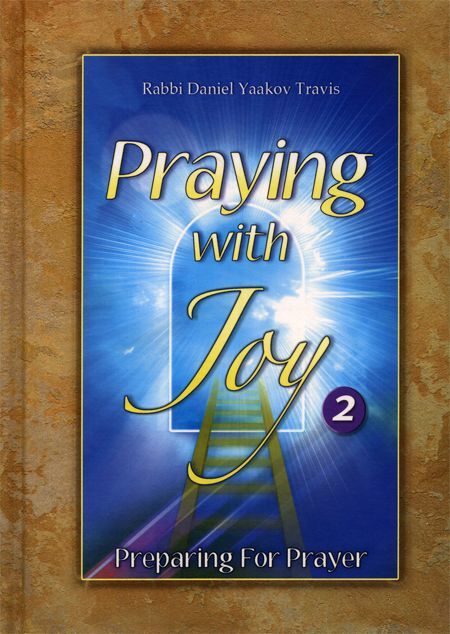





Tell us what you think!
Thank you for your comment!
It will be published after approval by the Editor.